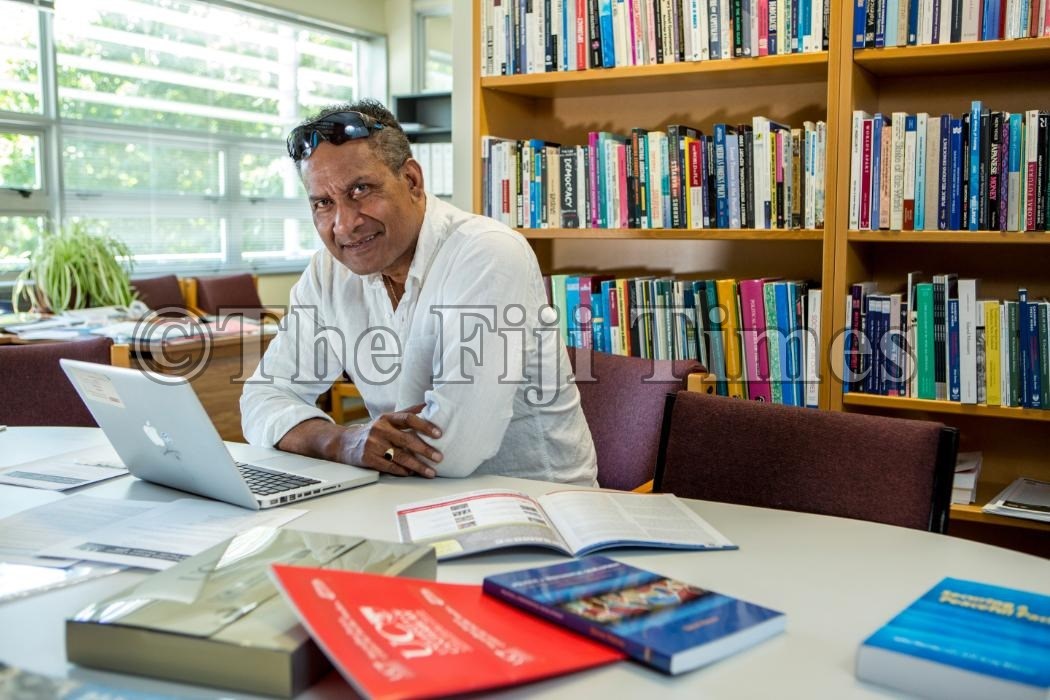THE challenges in having a word that captures corruption precisely in Pacific languages has allowed for different kinds of interpretations.
This was raised by Dr Steven Ratuva, Pro-Vice Chancellor, Pacific and Director of the University of Canterbury’s Macmillan Brown Centre for Pacific Studies, at the 2025 Pacific Update on Wednesday.
Speaking on ‘Pacific Approaches to Understanding and Fighting Corruption’, Dr Ratuva said when the Fiji Independent Commission Against Corruption (FICAC) was established in Fiji, there was no direct translation in Hindi or iTaukei as to what corruption meant.
“It’s not really useful particularly in some languages which do not have direct translation,” he said.
“In Fiji, Tonga and Samoa, the word corruption itself cannot be translated directly, but you have particular kinds of narratives which refer to kinds of behaviour which are considered to be not good, which are considered to be marginal in terms of the moral standards of the community and so forth.”
Dr Ratuva said there were different ways corruption had been conceptualised over the years.
“Whether it’s to do with ethical, moral, or cultural justification, we talk about gender as well, and there are certain cultural practices which are very much legitimate in terms of things like reciprocity, for instance.
“Over the years, you’ve seen individuals taking advantage of systems of reciprocity, of systems of kinship as a way of enriching individuals.
“Often corruption takes place not only in the Pacific but other places around the world, because of the idea that one is entitled to something based on culture, religion, and their political status and so forth.”
Dr Ratuva said a lack of consciousness on what’s happening around us can become an issue in relation to corruption and corrupt behaviours.



